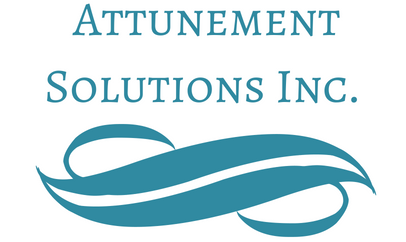
The Western World is looking for a new spiritual philosophy for a scientifically-grounded reason. Amygdala memories from our evolutionary history have always created the feeling of tension that we all experience when we are confused about the direction in which the world is changing. Never has this been truer than in a world of people experiencing COVID-19 lifestyle changes and convincing weather event evidence that we have a planet reacting to the effects of global climate change. These tensions are and have always been the emotional source of good vs. bad perceptions because these tensions are required for us to eventually use laws of logic to decide what we believe. Deciding what we believe is required for us to then take adaptive action and this is at the core of an area of complexity science called neurophilosophy.
Simple Rule #4 is to establish multi-use goals because this is the only way to overcome the stress we are experiencing that emerges from confusion during turbulent times. That is because multi-use goals help us stay focused on making good decisions without wasting our time trying to make that elusive “best decision.” In a world of rapid change, our best decision often feels different from day-to-day. When we free ourselves by establishing multi-use goals, laws of logic can be used to decide over time what we believe. Human Systems Dynamics Professionals call this form of logic, “pattern logic.”
When a person is using pattern logic, we are looking past the confusion that comes from focusing too much on the many conflicting details of our world, community, and personal life situations. When a person is using pattern logic, we see the world-changing benefit of focusing our attention on promoting a sense of oneness. When a person is using pattern logic, we recognize that promoting a sense of global system unity or oneness is the only way we can support positive changes in the world by overcoming our ancient and polarizing good vs. bad perceptions.
When a person learns to establish multi-use goals, nondual patterns allow people and people groups to discuss deeply felt subjects like religion and politics without that conversation leading to an argument. When a person establishes multi-use goals, nondual patterns allow people to create collaborative plans across differences by asking well-targeted questions rather than attempting to force upon others our own perspective of what that plan should be. When a person learns to establish multi-use goals, we naturally avoid the unconscious perceptions we all tend to have that tell us, “If we are doing or wanting what is good, someone with opposing motivations must be bad.”
Oneness is a human system state that requires us to live in a reality in which both “self” and “other” see ourselves as doing good, based on the lessons learned through our own life experience. Remember, it is not possible to overcome perceptually biased assumptions by the force of our will because we only recognize perceptual biases by reflection after we have overcome them. Simple Rule #4 is to establish multi-use goals because multi-use goals relieve the tension that we feel when more than one person believes they “know” how to make the best decision and disagree on the action plan that should follow.
